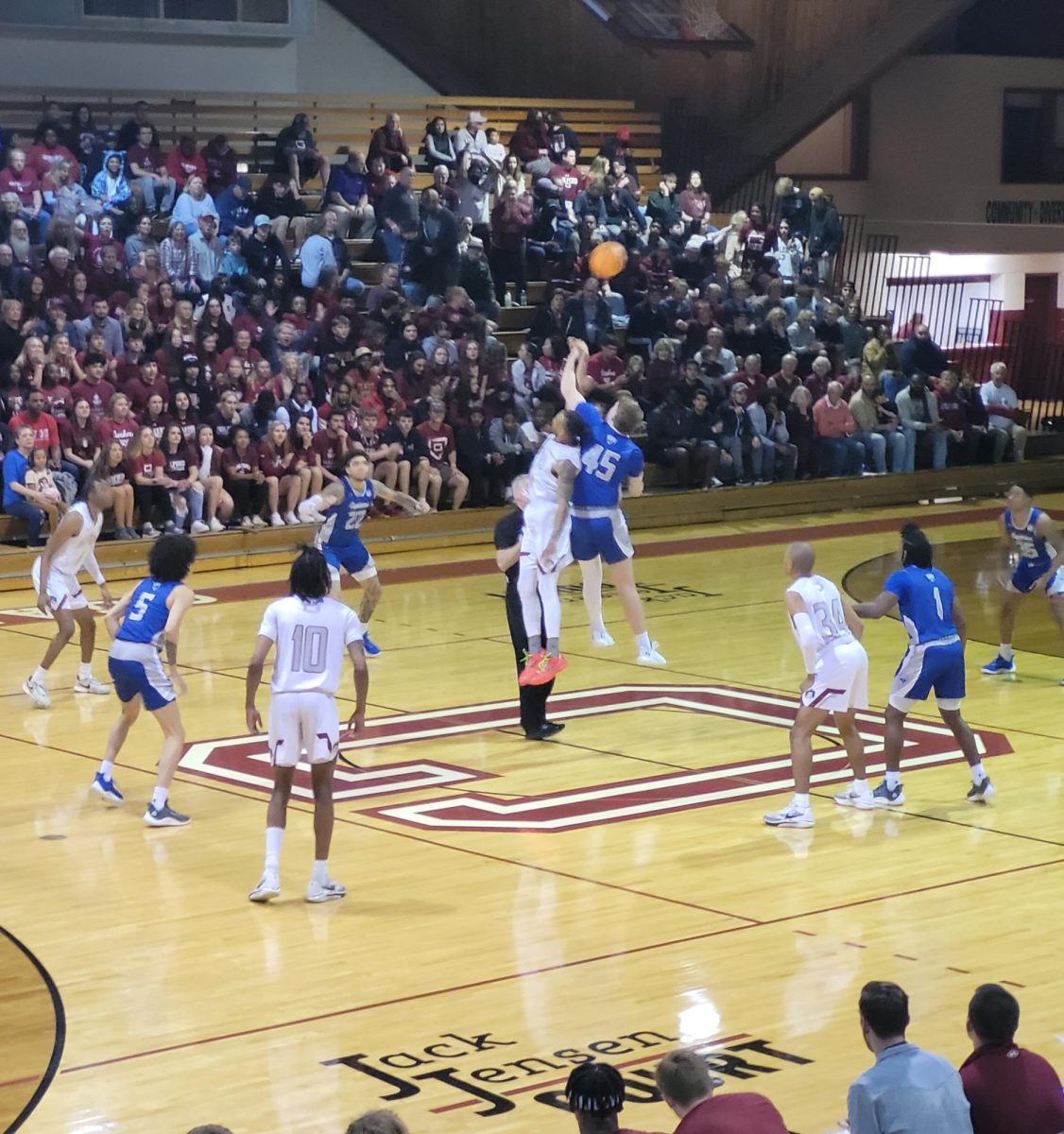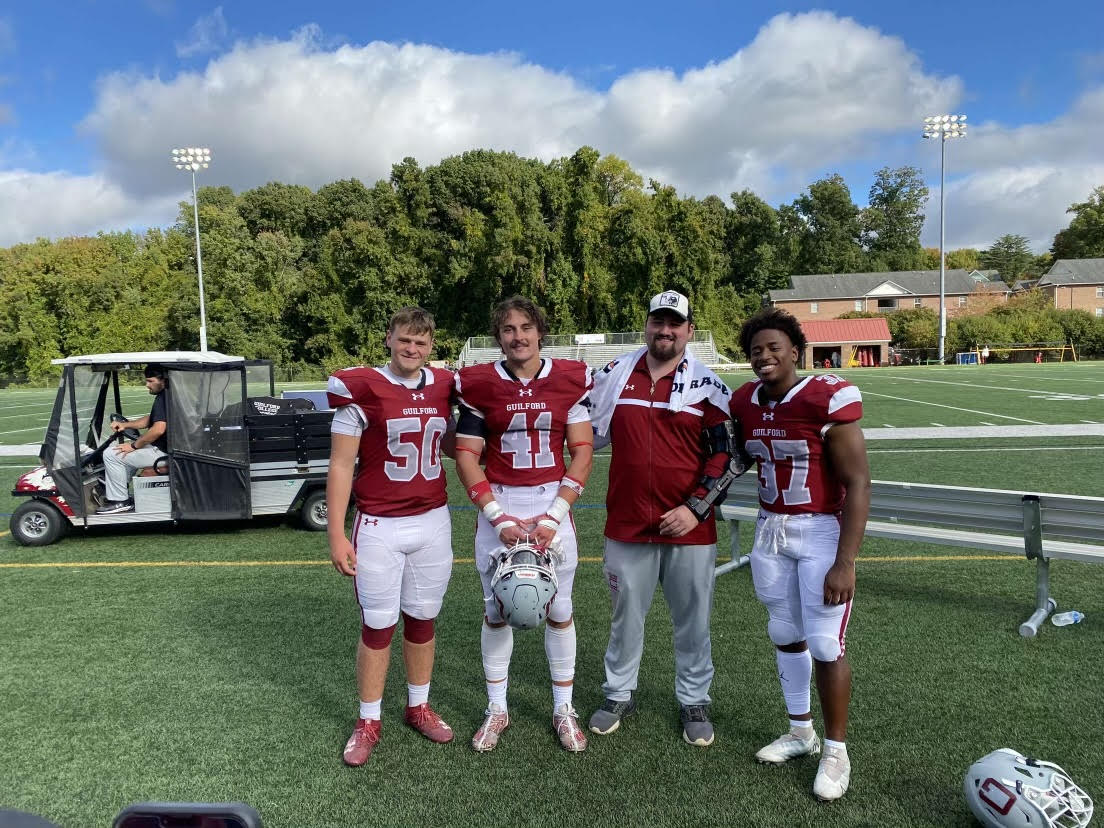“Here comes the story of the Hurricane, the man that the authorities came to blame …”
Bob Dylan’s 1975 song “Hurricane” was never meant to be a pop hit. The song was a rallying cry against the imprisonment of Rubin “Hurricane” Carter.
Carter died on April 20, 2014, after a long battle with prostate cancer.
Unfortunately, the man who defeated 27 opponents in the ring, a corrupt Patterson, N.J., police department and the judicial system of New Jersey could not overcome his final opponent.
“Carter, and his story, was my first exposure to the inherent racism in the judicial system,” said Brandon Dobert, Wicked Weed Brewery bouncer and amateur mixed-martial arts fighter.
Dylan became aware of Carter’s plight after reading Carter’s autobiography, “The Sixteenth Round.”
Carter refused to accept the 1966 triple homicide verdict by a Patterson, N.J., jury, which was influenced local law enforcement.
“I wouldn’t give up,” Carter said, in an interview with PBS in 2011. “No matter that they sentenced me to three life terms in prison.”
Carter said, he would not stop fighting just because a jury of 12 misinformed people found him guilty.
“And because I was not guilty, I refused to act like a guilty person,” added Carter.
In an interview with the New York Daily News, Carter said, “Death may have me on the ropes, but I will not back down.
“I’m looking death straight in the eye,” said Carter.
The tenacity in Carter’s words seep out from a life and perspective that few men have ever been able to live through.
Condolences immediately poured in to the Carter family.
“God bless Rubin Carter and his tireless fight to ensure justice for all,” said Denzel Washington in a Tweet.
Washington starred as Carter in the 1999 movie “Hurricane.”
Carter and his friend John Artis each received life sentences, before the New Jersey Supreme Court acquitted them in 1985.
Artis was falsely convicted of driving Carter’s getaway car during the triple homicide.
Carter spent 19 of his 75 years in prison, and Artis served 14 years.
“He was a great boxer, but he inspires people because of his fight against a system that imprisoned him for a crime he didn’t commit,” said Dobert.
Carter’s transcendent story also appeals to those who are not fans of combat sports.
“It’s sad that he passed away,” said local hairstylist Jess Lucas. “I feel like society owed him the 19 years that they took from him.”
Many people were influenced by Carter’s courageous battle against corruption.
“He was called The Hurricane, but I would say he was more of a catalyst,” said University of North Carolina A&T senior T.J. Tyson.
“He was one of the first high profile figures to go public with his unjust imprisonment and never let up. He never forgot his experience and was uninhibited in advocating for others.”
Others are just learning about Carter’s legacy.
“I didn’t know much about (Carter) until recently,” said senior William Moore. “I think there are some things we can learn from Carter.
“In the words of Dr. Carter, ‘It makes no difference what happens to us in life, because it happens to everybody … what is important is what you do with what happens to you in life.’”
Rubin Carter left the earth on Easter Sunday.
“Perhaps … those close to Hurricane will find some solace with the coincidence of his death occurring when people around the world celebrate another man who was falsely persecuted,” said Jim Lang, bartender at Bench Tavern.






